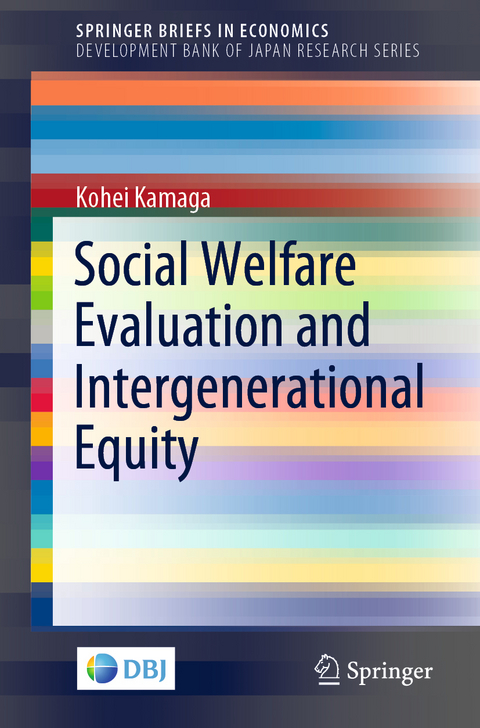
Social Welfare Evaluation and Intergenerational Equity
Seiten
2020
|
1st ed. 2020
Springer Verlag, Singapore
978-981-15-4253-4 (ISBN)
Springer Verlag, Singapore
978-981-15-4253-4 (ISBN)
This book presents a synthesis of recent developments in axiomatic analyses of social welfare evaluation in social choice theory. It covers three different contexts of social welfare evaluation, namely, social welfare evaluation within a generation, intergenerational social welfare evaluation involving infinitely many generations, and intergenerational social welfare evaluation with variable population sizes of generations. Analyzing these three different but related contexts of social welfare evaluation in a unified manner, the book places the emphasis on the close linkage between them and provides readers with new insight regarding the relationship between them.
Evaluation criteria discussed in the book are firmly rooted in moral philosophy. Besides the axiomatic analyses of utilitarian and egalitarian evaluation criteria, newly developed results on compromised criteria between the utilitarian and egalitarian evaluation criteria are covered as well. The book is recommended toreaders who seek an up-to-date integrated overview of a large and broad body of the literature on the axiomatic analysis of social welfare evaluation.
Evaluation criteria discussed in the book are firmly rooted in moral philosophy. Besides the axiomatic analyses of utilitarian and egalitarian evaluation criteria, newly developed results on compromised criteria between the utilitarian and egalitarian evaluation criteria are covered as well. The book is recommended toreaders who seek an up-to-date integrated overview of a large and broad body of the literature on the axiomatic analysis of social welfare evaluation.
Koichi Kamaga is an Associate Professor in the Faculty of Economics at Sophia University, Japan.
1 Introduction.- 2 Intragenerational social welfare evaluation.- 3 Intergenerational social welfare evaluation.- 4 Extended anonymity and intergenerational social welfare evaluation.- 5 Intergenerational social welfare evaluation with variable population size.- 6 Conclusion: Further issues.- Index.
| Erscheinungsdatum | 27.05.2020 |
|---|---|
| Reihe/Serie | Development Bank of Japan Research Series | SpringerBriefs in Economics |
| Zusatzinfo | 9 Illustrations, black and white; XIII, 119 p. 9 illus. |
| Verlagsort | Singapore |
| Sprache | englisch |
| Maße | 155 x 235 mm |
| Themenwelt | Sozialwissenschaften ► Politik / Verwaltung ► Staat / Verwaltung |
| Wirtschaft ► Allgemeines / Lexika | |
| Wirtschaft ► Volkswirtschaftslehre ► Wirtschaftspolitik | |
| Schlagworte | Intergenerational equity • Leximin principle • population ethics • Social Choice • Social Welfare • Utilitarianism |
| ISBN-10 | 981-15-4253-8 / 9811542538 |
| ISBN-13 | 978-981-15-4253-4 / 9789811542534 |
| Zustand | Neuware |
| Informationen gemäß Produktsicherheitsverordnung (GPSR) | |
| Haben Sie eine Frage zum Produkt? |
Mehr entdecken
aus dem Bereich
aus dem Bereich
Organisationen steuern, Strukturen schaffen, Prozesse gestalten
Buch | Softcover (2024)
Rehm Verlag
38,00 €


